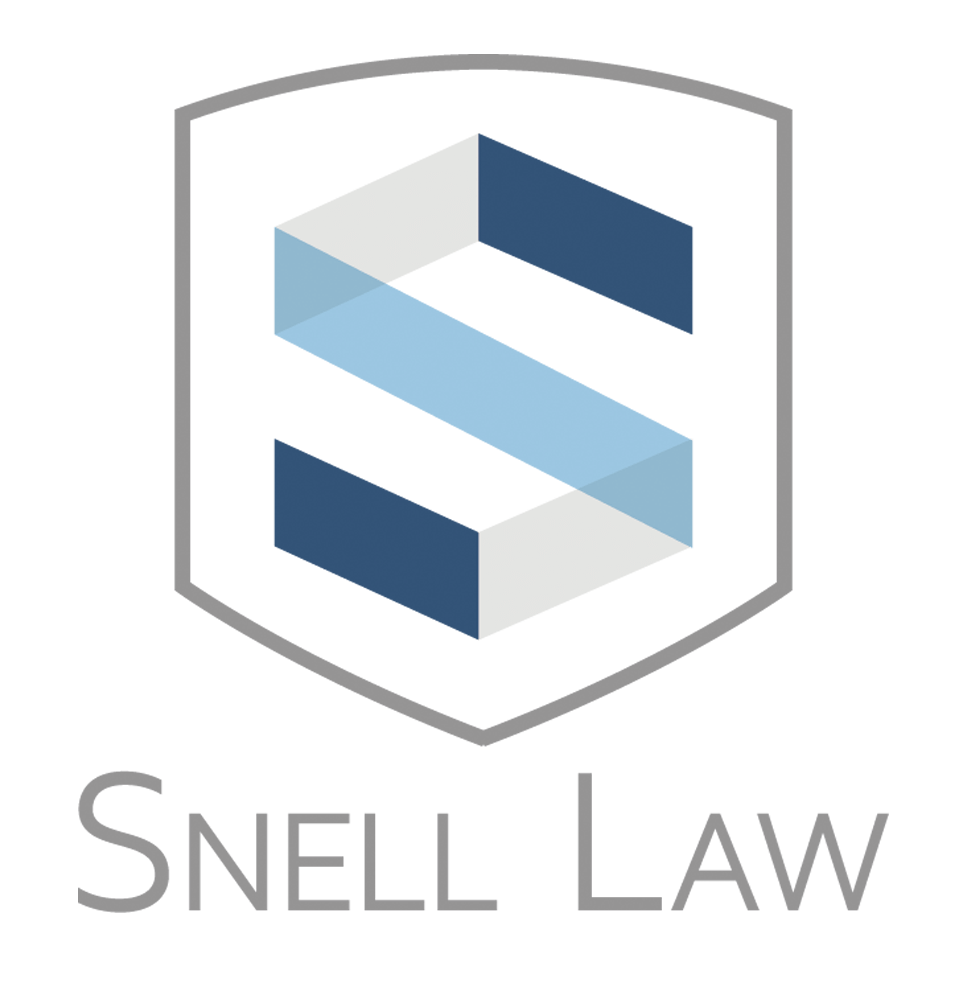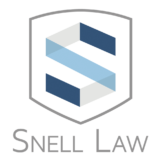Until recently, companies suing for trade secret theft ran a risk of having to disclose to their competitors in open court certain aspects of their trade secrets in order to prove their claim. The companies would argue that they should not have to divulge trade secrets in order to pursue their cases. On the other hand, defendants argued that they cannot defend against a claim without details describing what they are accused of.
In May, the Texas Supreme Court provided its first opinion interpreting the Texas Uniform Trade Secrets Act (TUTSA) in a misappropriation case. TUTSA, signed into law in 2013, codified Texas\’s current trade secret law, and strengthened trade secret protections while providing greater certainty to misappropriation claims.
The plaintiff, M-I Swaco, and the defendant, National Oilwell Varco, are competitors providing oil and gas industry services and equipment. M-I Swaco alleged that one of its former employees took a job at National Oilwell in breach of a non-compete agreement and that he knew that he would inevitably disclose M-I Swaco’s trade secrets in his new job.
The Texas Supreme Court ruled that a company suing for trade secret misappropriation may exclude its competitor’s representatives from the courtroom when their trade secrets are discussed, leaving the attorneys and independent experts of the competitor only to listen to the testimony. Thus, a defendant can learn the information it needs to defend against the claims but cannot use that information cannot outside of the lawsuit.
Impact going forward: A company prosecuting a theft of trade secrets claim can do so without the worry of having to disclose its trade secrets to a competitor in an open court. This will inevitably increase the cost of trade secrets litigation, but ensures that a competitor cannot use courtroom proceedings to obtain confidential information.
The opinion is In re M-I L.L.C. d/b/a M-I Swaco, 2016 WL 2981342 (Tex., May 20, 2016).

